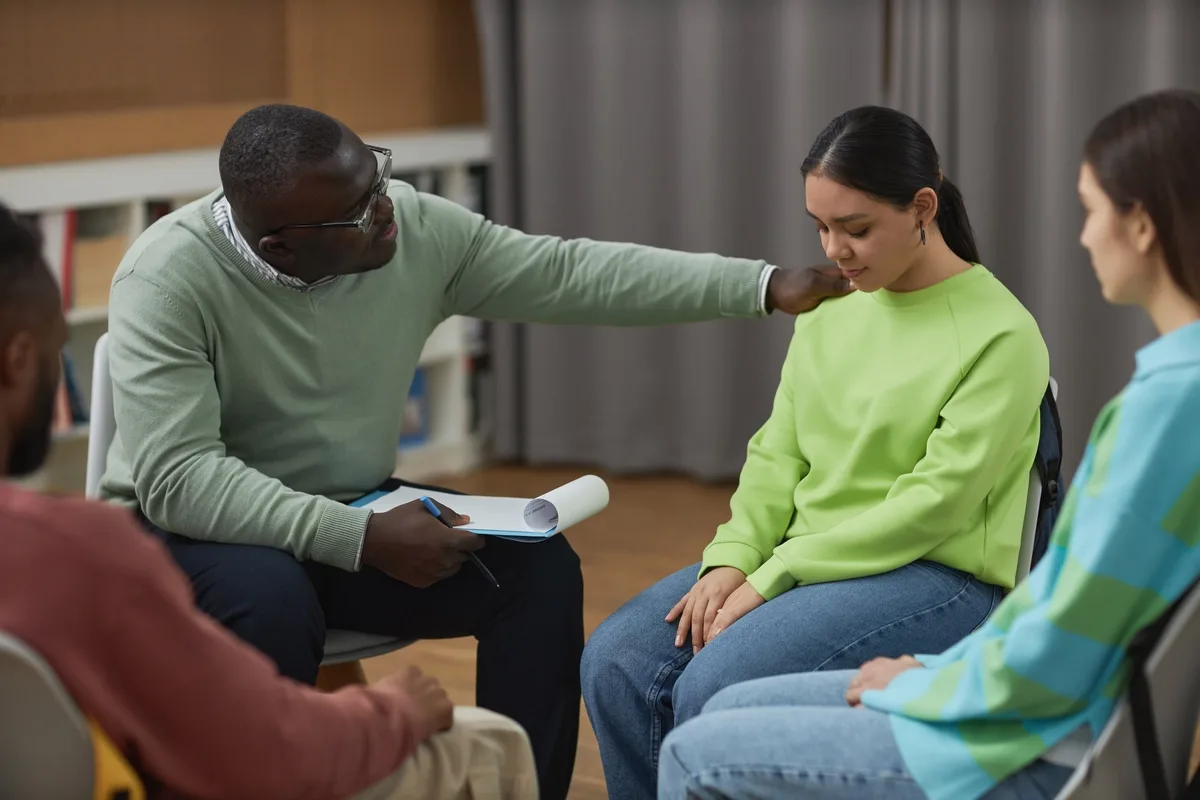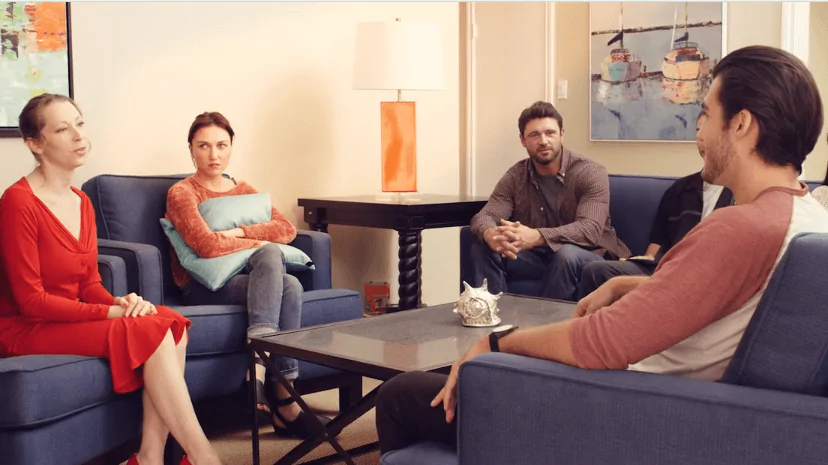24/7 Helpline:
(866) 899-221924/7 Helpline:
(866) 899-2219
Learn more about PTSD Rehab centers in Granada Hills
PTSD Rehab in Other Cities
Other Categories in Granada Hills

Other Insurance Options

Highmark

Ambetter

AllWell

State Farm

Absolute Total Care

American Behavioral

CareFirst

WellCare Health Plans

Meritain

Amerigroup

BlueShield

Optum

Anthem

GEHA

Carleon

Molina Healthcare

Coventry Health Care

BHS | Behavioral Health Systems

Horizon Healthcare Service

Choice Care Network

Believe Detox Center
Believe Detox Center is a private rehab located in Granada Hills, California. Believe Detox Center s...















